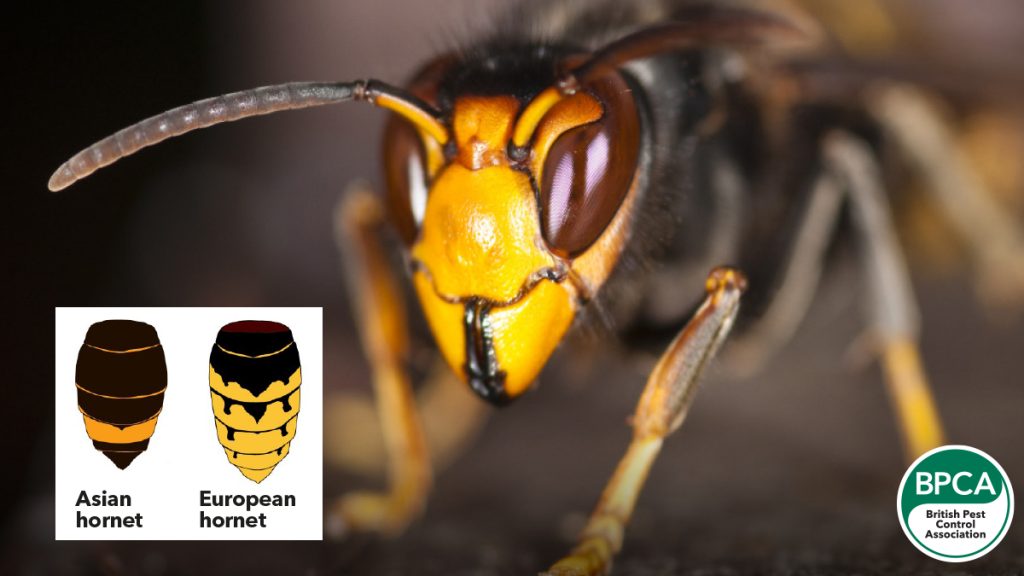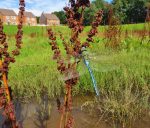RESIDENTS across the country are being encouraged to report sightings of non-native Yellow legged hornets as sightings of the ecologically dangerous predator spread.
Experts at British Pest Control Association (BPCA) are backing calls by the Non-Native Species Secretariat and the British Beekeepers Association’s call.
So far, 13 sightings of the invasive species have been recorded in 2025. Formerly known as the Asian hornet, Yellow-legged hornets are a highly aggressive predator of native insects and pose a significant threat to honeybees and other pollinators in the UK.
BPCA is shining a spotlight on Yellow-legged hornets this Invasive Species Week (May 12 to 18) as work continues to prevent them becoming established in the UK.
Nial Gallagher, Technical Manager at BPCA. He said: “These invaders are a predator of honeybees and could disrupt our native eco-systems and impact crop production.
“Any sightings should be reported to the Non-Native Species Secretariat and we’d advise getting help from a member of the National Bee Unit or a member of the British Beekeepers Association.”
The first confirmed sighting in 2025 was by a beekeeper in Oswestry, Shropshire, who found a single Yellow-legged hornet in imported shallots on January 23.
Since then sightings and findings of both live and dead hornets and embryo nests have been reported across March and April.
The most recent recorded sighting according to the National Bee Unit rolling database was on April 30, when a Yellow-legged hornet flew into a house in Nonington, Kent.
Niall added: “Since 2016 a number of sightings have been recorded in the UK, and anyone who thinks they’ve spotted a Yellow-legged hornet should report it as soon as possible.
“The Yellow-legged hornet is smaller than our native species. It has an orange head, and its entire body is almost entirely dark.
“The abdomen has fine yellow stripes and a yellow or orange segment near the base. Their legs are dark and have yellow tips, where our native hornet has entirely dark legs.
“Yellow-legged hornets may sting, so it’s important not to disturb an active nest and to seek help.”
Visit nonnativespecies.org/asianhornet or email [email protected] to download the Asian Hornet Watch app and report possible sightings.
Visit bpca.org.uk/find for more information.












